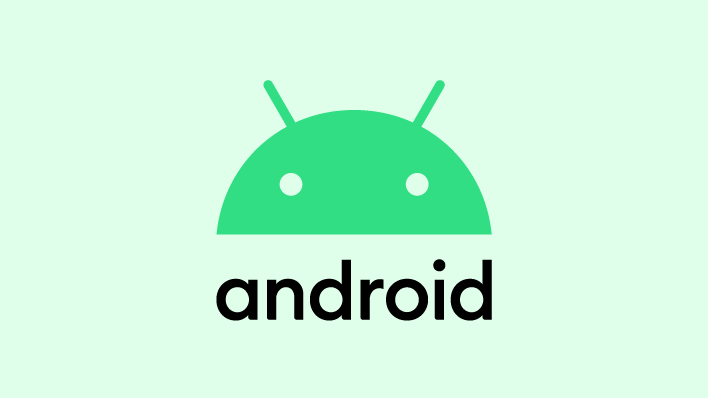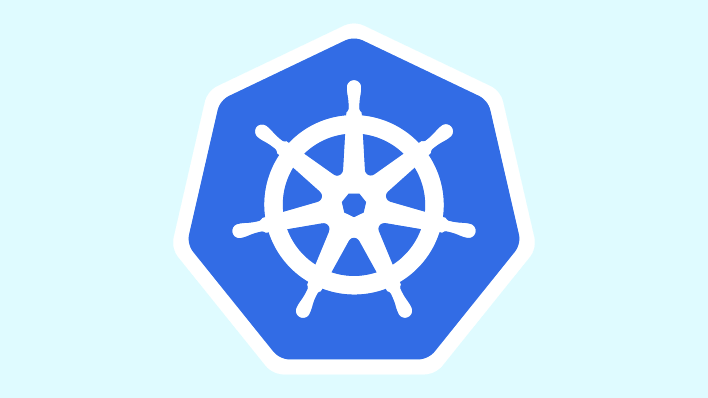
Projects
At Google, we use open source to innovate and we release open source to share our innovations. We encourage you to browse through our featured projects to find work to use, share, and build on!
Featured projects
Mobile
Java
Android
Android is an operating system and software stack created for an array of devices with different form factors, including phones, tablets, wearables, TVs, automobiles, and connected devices. The primary purposes of Android are to create an open platform available for carriers, OEMs, and developers to make their ideas a reality and to provide a successful, real-world product that improves the mobile experience for users.
Cloud
Kubernetes
Kubernetes is a cluster management system for managing containerized applications across multiple hosts, providing mechanisms for deployment, maintenance, and scaling of applications. It groups containers that make up an application into logical units for easy management and discovery.


